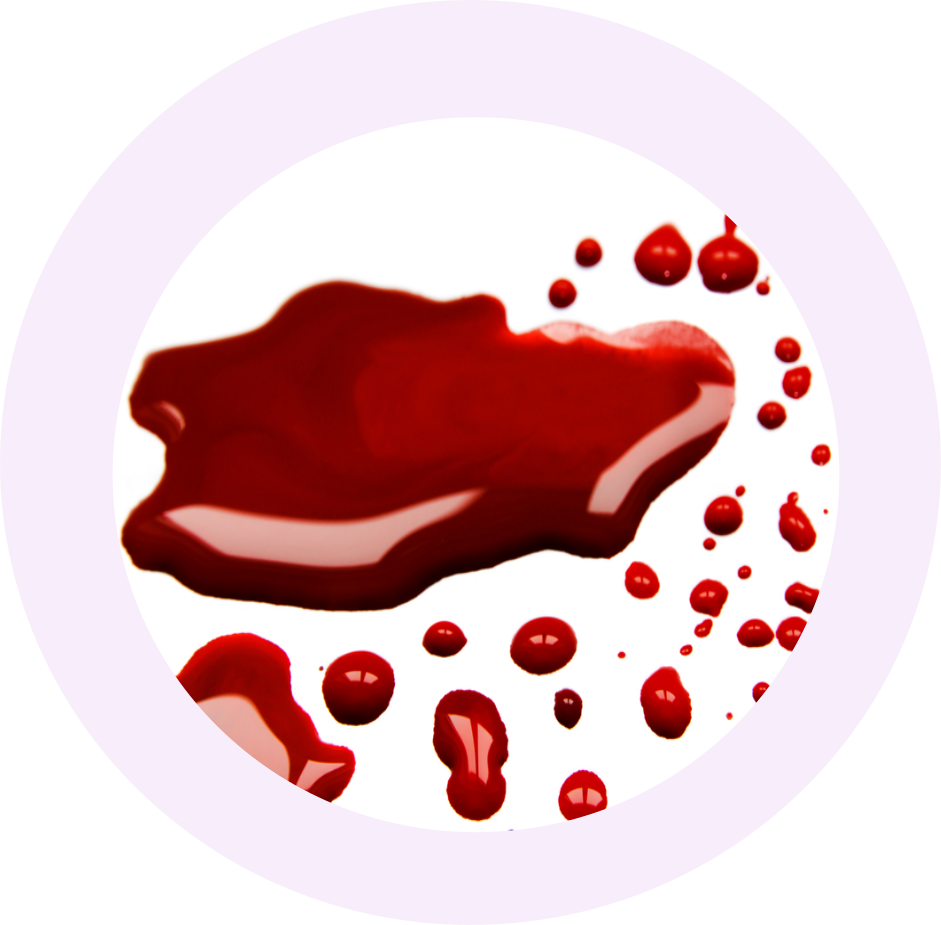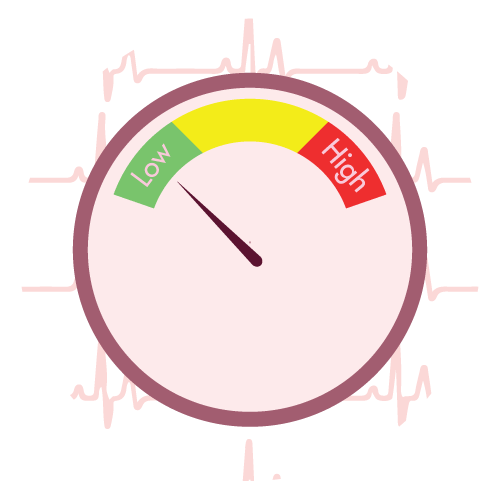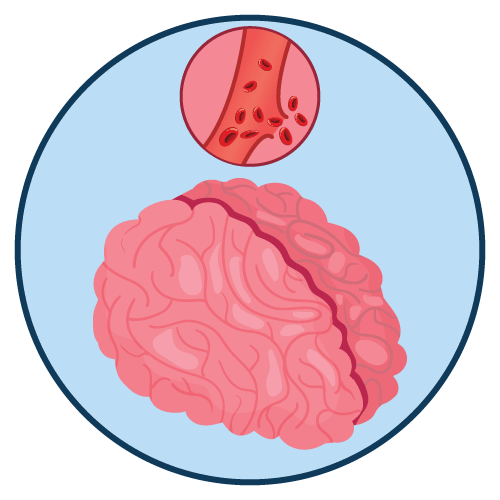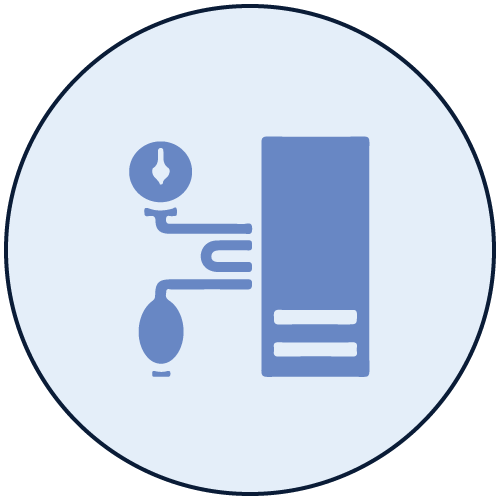| Name | Eptifibatide |
| Classes |
Coagulation Modifier Haematological Agent Antiplatelet Agent |
| Diseases |
Angina Cardiovascular Disease Heart Attack Percutaneous Coronary Intervention(PCI) |
Eptifibatide
Eptifibatide belongs to a class of drugs called the anti coagulants. Eptifibatide reversibly inhibits platelet aggregation by preventing the binding of fibrinogen, von Willebrand factor, and other adhesive ligands to GP IIb/IIIa. When administered intravenously, eptifibatide inhibits ex vivo platelet aggregation. Platelet aggregation inhibition is reversible following cessation of the eptifibatide infusion; this is thought to result from dissociation of eptifibatide from the platelet.
Eptifibatide is indicated for-
- Treatment of acute coronary syndrome (ACS) managed medically or with percutaneous coronary intervention (PCI)
- Treatment of patients undergoing PCI (including intracoronary stenting)
Patients with ACS:
- Normal Renal Function: 180 mcg/kg intravenous (IV) bolus as soon as possible after diagnosis, followed by continuous infusion of 2 mcg/kg/min.
- Creatinine Clearance <50 mL/min: 180 mcg/kg IV bolus as soon as possible after diagnosis, followed by continuous infusion of 1 mcg/kg/min
- Infusion should continue until hospital discharge or initiation of coronary artery bypass graft surgery (CABG), up to 72 hours
- If a patient is to undergo PCI, the infusion should be continued until hospital discharge or for up to 18 to 24 hours after the procedure, whichever comes first, allowing for up to 96 hours of therapy
- Aspirin, 160 to 325 mg, should be given daily
Patients with PCI:
- Normal Renal Function: 180 mcg/kg IV bolus immediately before PCI followed by continuous infusion of 2 mcg/kg/min and a second bolus of 180 mcg/kg (given 10 minutes after the first bolus).
- Creatinine Clearance <50 mL/min:180 mcg/kg IV bolus immediately before PCI followed by continuous infusion of 1 mcg/kg/min and a second bolus of 180 mcg/kg (given 10 minutes after the first bolus).
- Infusion should be continued until hospital discharge, or for up to 18 to 24 hours, whichever comes first. A minimum of 12 hours of infusion is recommended.
- In patients who undergo CABG surgery, Eptifibatide infusion should be discontinued prior to surgery.
- Aspirin, 160 to 325 mg, should be given 1 to 24 hours prior to PCI and daily thereafter.
Bleeding and hypotension are the most commonly reported adverse reactions associated with Eptifibatide.
- Eptifibatide can cause serious bleeding. If bleeding cannot be controlled, discontinue Eptifibatide immediately. Minimize vascular and other traumas. If heparin is given concomitantly, monitor aPTT or ACT.
- Thrombocytopenia: Discontinue Eptifibatide and heparin. Monitor and treat condition appropriately
Contraindication
Eptifibatide is contraindicated in-
- patients with known hypersensitivity to any component of the product
- Coadministration of another parenteral GP IIb/IIIa inhibitor such as-
- tirofiban
None known.
Eptifibatide is contraindicated in-
- Bleeding diathesis or bleeding within the previous 30 days
- Severe uncontrolled hypertension
- Major surgery within the preceding 6 weeks
- Stroke within 30 days or any history of hemorrhagic stroke
- Dependency on renal dialysis
 Bangla
Bangla English
English


